 I don't remember many things very clearly anymore. The "who", "what", "when" and the "whys" get contaminated with years and memories of lessons learned. But I do remember the exact moment I fell in love with John Keats. I was in college, in Utah, the snow was heavy outside, the day dark and already moving into evening in the early afternoon. My professor told us the story of the young poet who lost his life to consumption at 25. She read some of his poetry. I have never been the same.
I don't remember many things very clearly anymore. The "who", "what", "when" and the "whys" get contaminated with years and memories of lessons learned. But I do remember the exact moment I fell in love with John Keats. I was in college, in Utah, the snow was heavy outside, the day dark and already moving into evening in the early afternoon. My professor told us the story of the young poet who lost his life to consumption at 25. She read some of his poetry. I have never been the same.Jane Campion (writer and director of the Piano) is not one of my favorite film makers and Ben Wishaw was so convincing as the homosexual Sebastian in the new Brideshead Revisited that I was more than worried that together, they would ruin the passionately doomed romance of John Keats and Fanny Brawne. How wrong I was. To be fair, this is not the story of John Keats. Many of his most interesting moments are not even referred to. It is quite simply, the love story of he and Fanny Brawne, a girl his intellectual peers scoffed at and who Keats himself railed against in torturous love letters. For years Fanny has been villified as not being good enough for this gentle poet's most sincere anguish. Jane Campion changes that.
John Keats was an English poet in the early 1800's (1815-1820) who turned down life as a doctor to devote time to his passion and gift of poetry. Because he was from humble roots and not a Lord as poets were expected to be, he was brutally criticized and scoffed at by those who referred to him as the "cockney" poet. He nursed his wayward mother through her bout with consumption, and his younger brother. Tragically, Keats himself caught the ravaging illness and died at 25, alone, in Rome where friends believed he stood a better chance of healing. He died believing he was a failure, despite the fact that in less than a year, he would be a household name. However, at 22, John Keats met and fell in love with a handsome, coquettish young woman in the poet circle by the name of Fanny Brawne. Keats was absolutely madly feverish for Fanny but knew he could never provide for her, never marry her. When he began to show signs of illness, the two became engaged anyway and Fanny and her mother cared for John until the fatal trip to Rome.
Campionn takes a few liberties and ignores a few hard truths (like the fact that Brawne frequently left Keats for weeks to attend parties and admire her own waist -- all this according to his very unbiased poet snob friends), but if a girl can't take a few liberties, why pass through history's painful moments again at all? I like how Campion did this film. I felt the looks, felt the kisses, cried my eyes out when they at last had to say their final goodbyes. Although Campion fudges Fanny's undying devotion in the post script, the film moved me deeply. The awful injustice of Keats's life and yet his incandescent splendor is wonderous and sometimes appalling. Campion does not show details of his death, of his suffering, nor does she show the infamous grave marker alone in Rome which Keats merely wished to say: "Here lies one whose name was writ in water..." This is the story of Fannny Brawne and how she loved and how she lost. Abbie Cornish does a masterful job and at last... at last! We have a little bit of Keats.





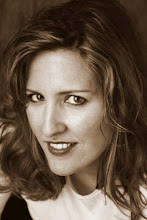


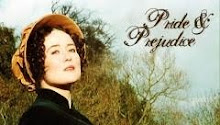





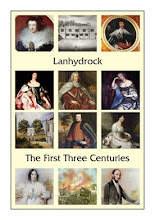

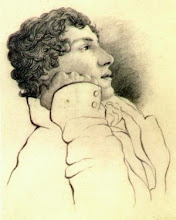

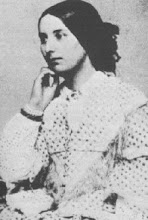


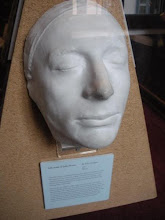

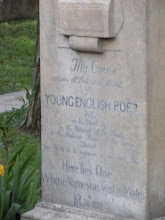
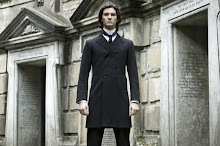


Anything that brings these people to life is good in my book. The good always die young don't they. I read a fictionalized version of his death and felt very bad for him.
ReplyDeleteGreat post G!
You did? Ooooh. What was it? I'm pretty sure Keats is my husband, love to read everything about him.
ReplyDelete